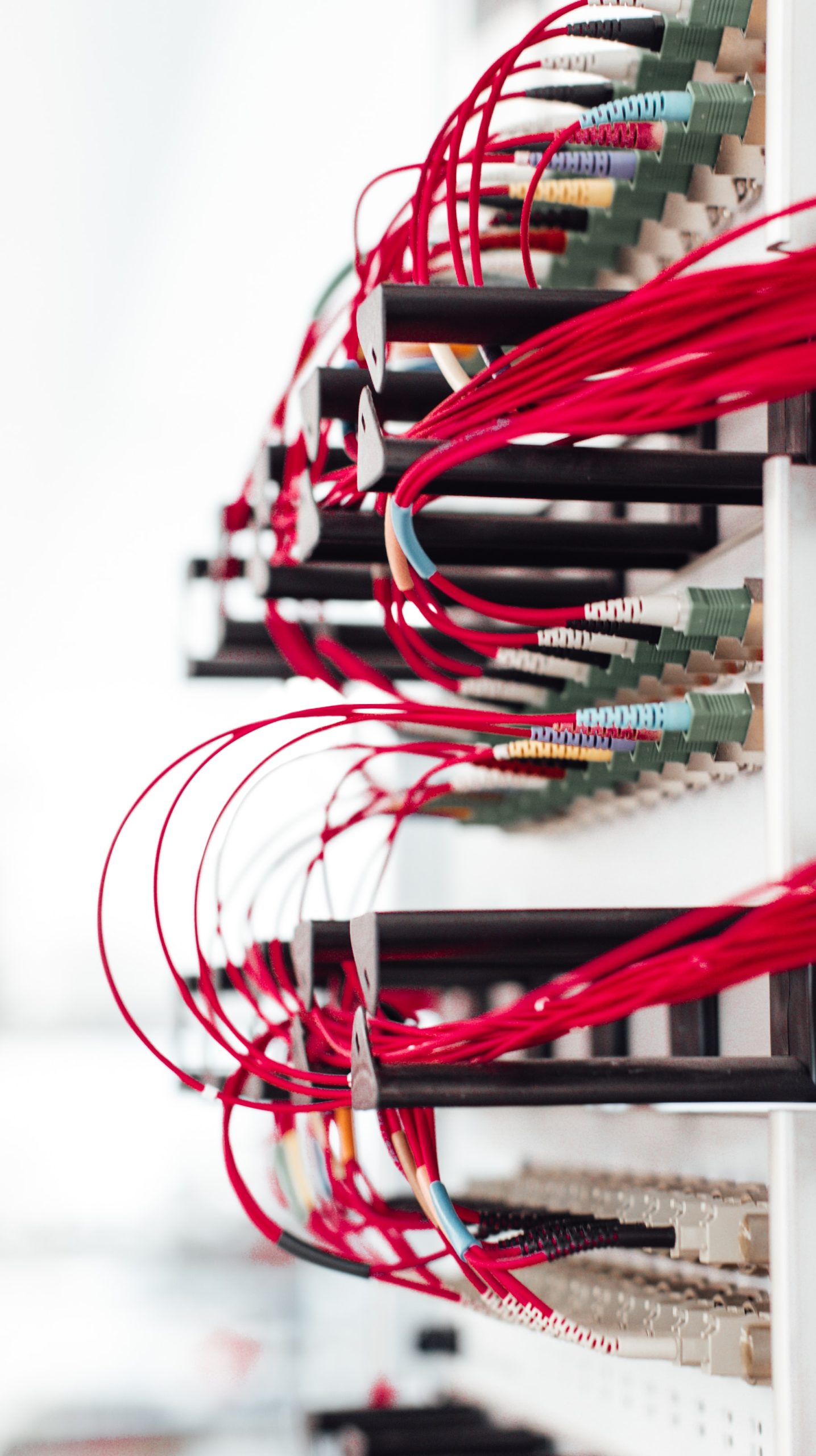In today’s fast-paced world, there’s nothing more frustrating than a slow internet connection. Whether you’re streaming your favorite show or trying to get some work done, slow speeds can throw a wrench in your plans and leave you feeling frustrated. But did you know that the case for faster internet goes beyond just convenience? From boosting our economy to improving our education system, there are countless reasons why we should all be advocating for speedy connections. So buckle up and join us as we explore why faster internet is not just a luxury but an essential component of modern life.
What is the current state of internet speeds in the United States?
Broadband internet speeds in the United States are some of the slowest in the developed world. The average internet speed in the US is just over 18 Mbps, which ranks 31st in the world. South Korea, by comparison, has an average internet speed of nearly 28 Mbps.
There are a number of factors that contribute to the slower speeds in the US. One is that many Americans still rely on dial-up connections, which are much slower than broadband. Additionally, the US has a large geographic area and a population that is spread out relatively evenly, making it more difficult to provide high-speed internet to everyone.
The good news is that broadband speeds have been increasing steadily in recent years, and there are now parts of the country where speeds approaching or even exceeding 1 Gbps are available. But for most Americans, broadband speeds are still far from ideal.
Why is having faster internet important?
There are a number of reasons why having faster internet is important. Perhaps the most obvious reason is that it simply makes life more convenient. We’ve become used to being able to access information and entertainment at the click of a button, and faster internet speeds make this possible.
In addition to making our lives more convenient, faster internet speeds also allow us to do more online. For example, we can download files and stream videos much faster, which is great for both work and pleasure. And with more and more people working remotely, fast internet speeds are becoming increasingly essential for many people.
Finally, it’s worth noting that faster internet speeds can also help improve your online security. That’s because if your connection is slower, it’s easier for someone to hack into it or intercept your data. So if you’re concerned about keeping your information safe, a fast internet connection is a must.
How would faster internet benefit the economy?
Faster internet would benefit the economy by increasing productivity, stimulating competition, and encouraging innovation.
Productivity would increase because faster internet would allow people to communicate and collaborate more easily. In addition, it would enable people to access information and resources more quickly.
Competition would stimulate as businesses strive to provide the best possible online experience for their customers. In turn, this would drive down prices and improve quality.
Innovation would be encouraged as businesses look for ways to differentiate themselves in the marketplace. This could lead to the development of new and improved products and services that make life easier and better for everyone.
What are some other countries with faster internet speeds?
South Korea, Japan, and Sweden all have faster internet speeds than the United States. In South Korea, the average internet speed is 26.7 Mbps. In Japan, it’s 22.2 Mbps. And in Sweden, it’s 20.5 Mbps. The United States’ average internet speed is 18.7 Mbps.
So why are these countries so much faster? Well, it could be because they have invested more in their infrastructure. Or it could be because they simply have less people using the internet, so there’s more bandwidth to go around. But whatever the reason, it’s clear that other countries are ahead of the United States when it comes to internet speeds.
How can the United States catch up to other countries with faster internet?
The United States has been lagging behind other countries in terms of internet speeds for years. The average internet speed in the US is around 18 Mbps, which is far below the global average of 56 Mbps. This is a problem for businesses and consumers alike. Businesses need fast internet speeds to be able to compete in the global marketplace, and consumers need fast internet speeds to be able to do things like stream movies and TV shows, download music, and play online games.
There are a few ways that the United States can catch up to other countries with faster internet speeds. One way is for the government to invest in upgrading the country’s infrastructure. This would involve things like building new fiber optic cables and upgrading existing ones. Another way is for ISPs to offer faster speeds at a lower cost. This could be done by implementing new technologies or by offering discounts to customers who sign up for higher speeds.
Ultimately, it is up to both the government and the ISPsto make sure that the United States has fast internet speeds. If they don’t take action, the country will continue to fall behind other nations with faster internet connections.




